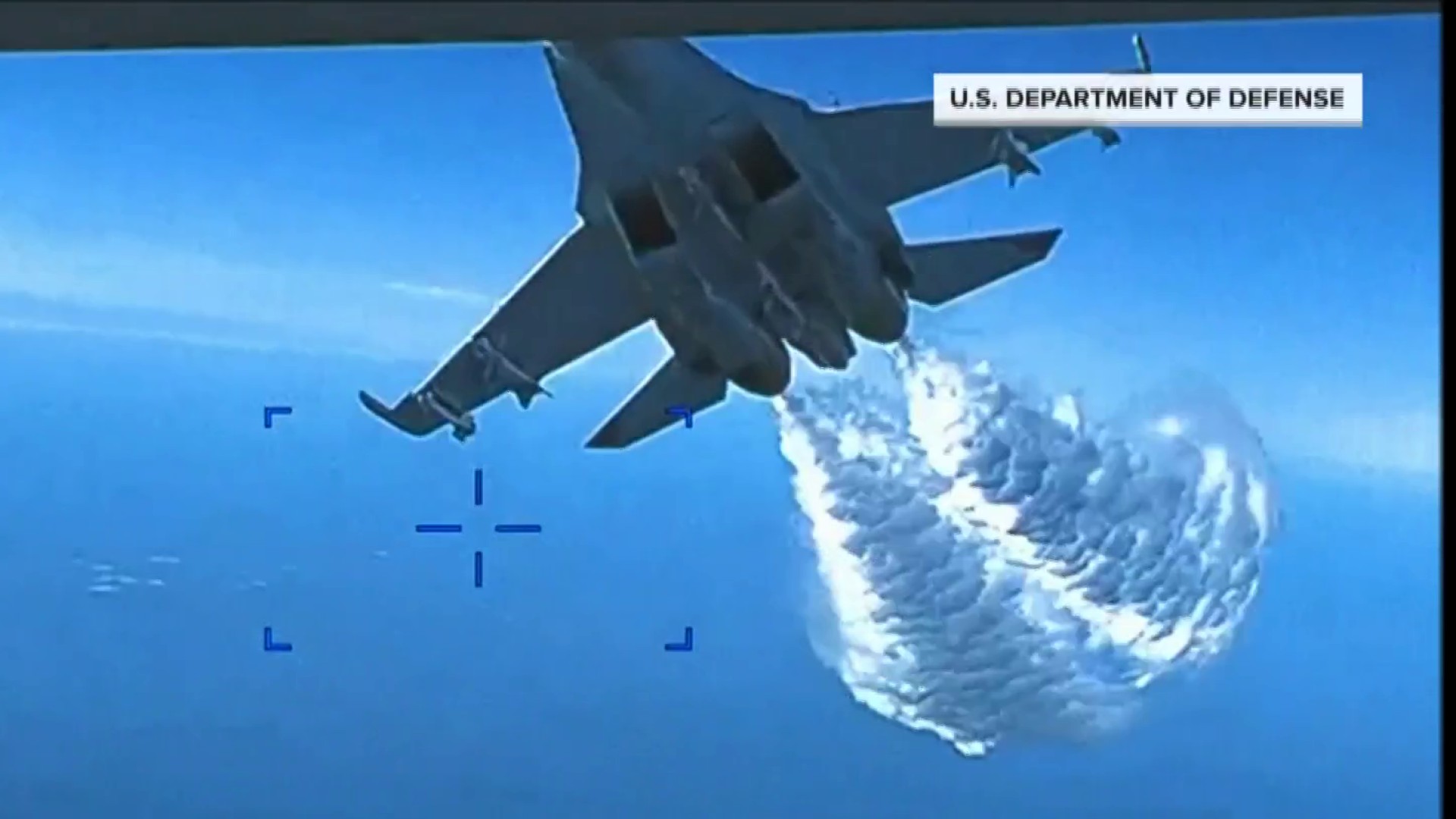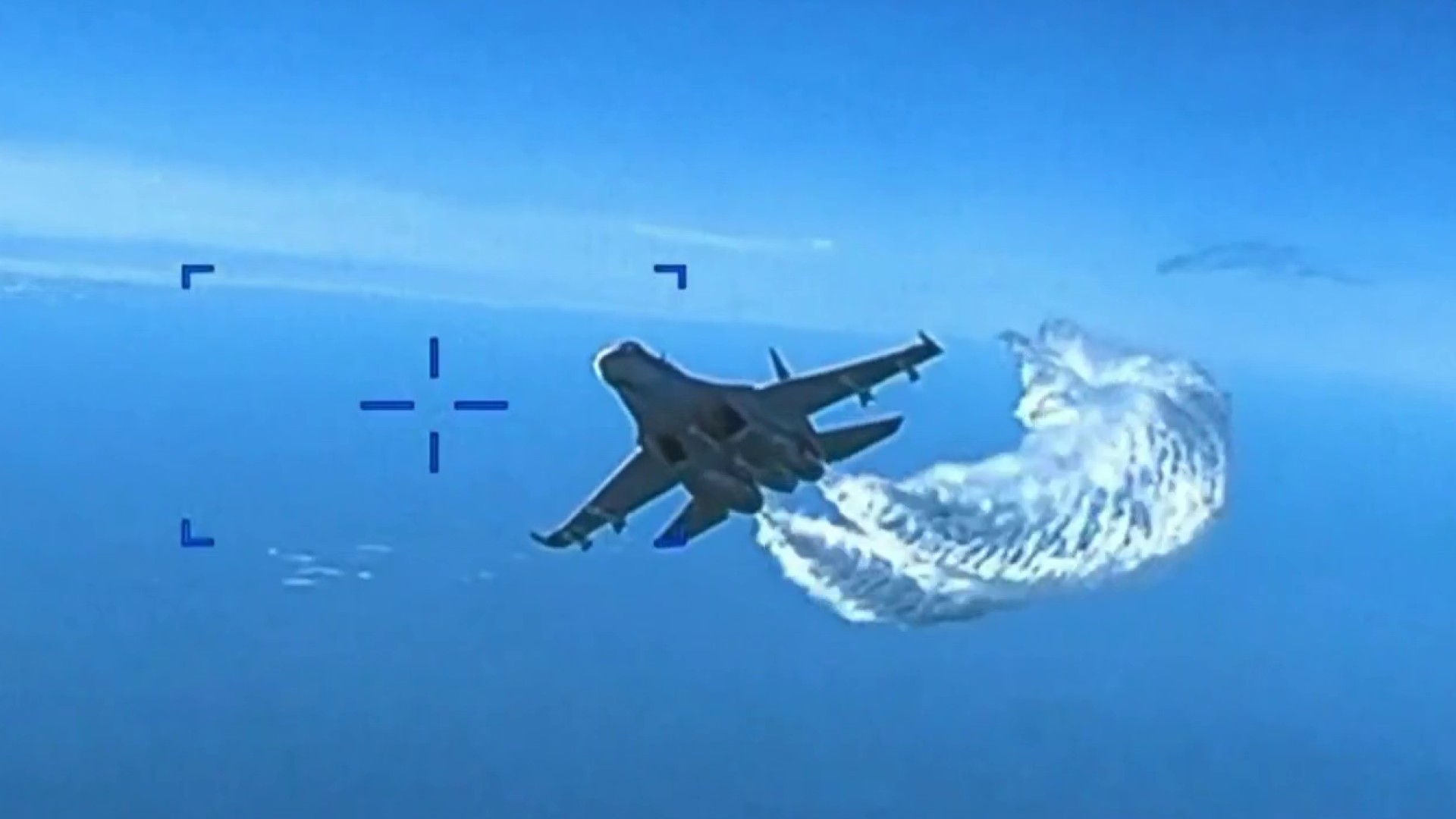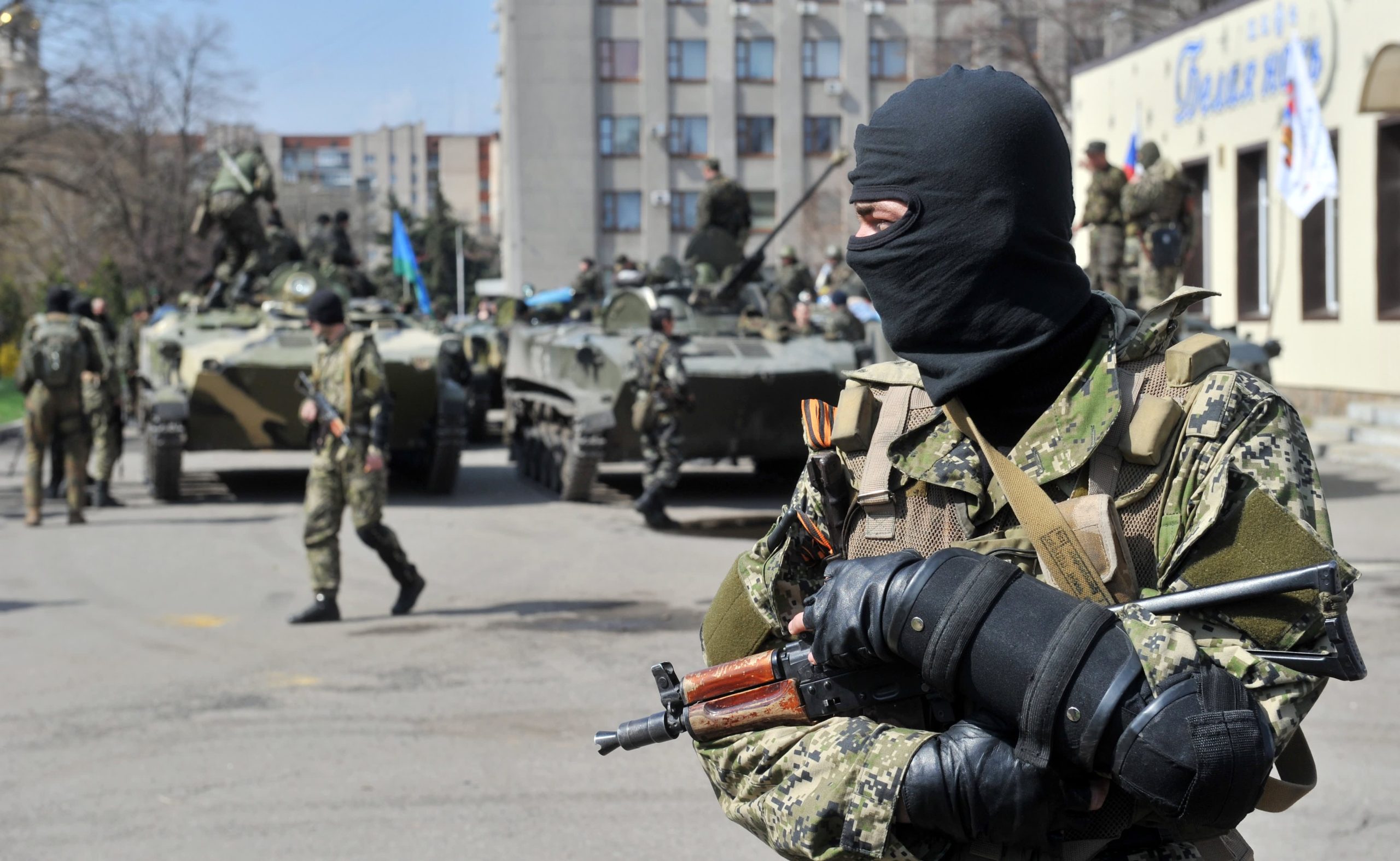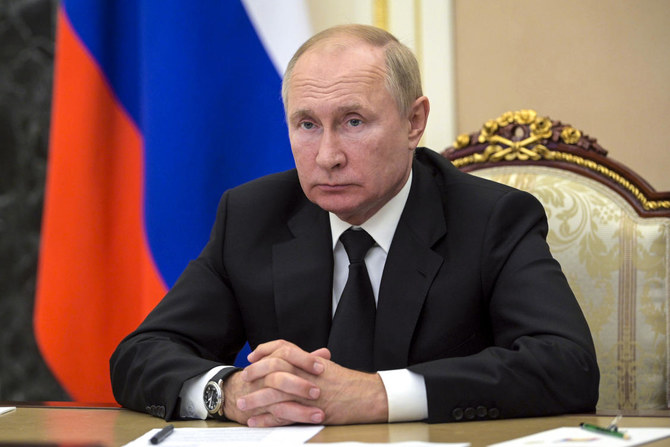Russian fighter jets flying over U.S. bases in Syria without prior notice raise concerns of accidental shootdowns, warns a U.S. defense official. Capt. Daniel de La Fe emphasizes the potential for misinterpretation, leading to escalation. Tensions are compounded by drone attacks from Iranian-backed militias, keeping U.S. troops on high alert. Retired General Joseph Votel suggests Russian overflights serve intelligence purposes, possibly shared with U.S. adversaries. With over 100 militia attacks since October 7, fears of miscalculation persist, despite fewer incidents since summer. Russian motives involve stirring tensions and diverting focus from Ukraine, heightening risks due to unease and potential exploitation. Military leaders suspect intelligence gathering during overflights, intensifying the precarious situation.

Reduced Overflights but Persistent Concerns
Despite a decrease in incidents since October 7, concerns persist about the potential for miscalculation and escalation arising from Russian fighter jets flying over U.S. bases in Syria. The U.S. defense official and retired General Votel acknowledge that overflights have lessened compared to the summer when Russian pilots engaged in provocative actions, attempting to incite dogfights.
Both countries, despite declaring missions to defeat ISIS in Syria, have conflicting interests, leading to violations of deconfliction protocols and accusations from both sides. The risk of open conflict remains, as evidenced by the downing of a Russian pilot being perceived as a potential trigger.
The reduction in overflights does not eliminate the underlying tensions, with concerns about Russian intelligence-gathering and the possibility of disclosing collected data to Iran and Syria.
READ ALSO: Former UK Official Predicts Russia’s Triumph in Ukraine
Russian Motives and U.S. Concerns
Analysts highlight Russian motivations in stirring regional tensions and potentially diverting U.S. attention from the war in Ukraine. The risk of miscalculation is accentuated by heightened tensions, and the Russians are perceived as exploiting such situations. The equipped sensors on Russian planes flying over American bases raise suspicions of intelligence gathering, with assumptions that Moscow may share collected data with U.S. adversaries in the region.
Despite Russia’s disinterest in a regional war between the U.S. and Iran, the potential distraction from the Ukraine conflict aligns with Russian interests. The complex geopolitical dynamics and the possibility of unintended consequences underscore the need for careful navigation in the tense airspace over U.S. bases in Syria.




